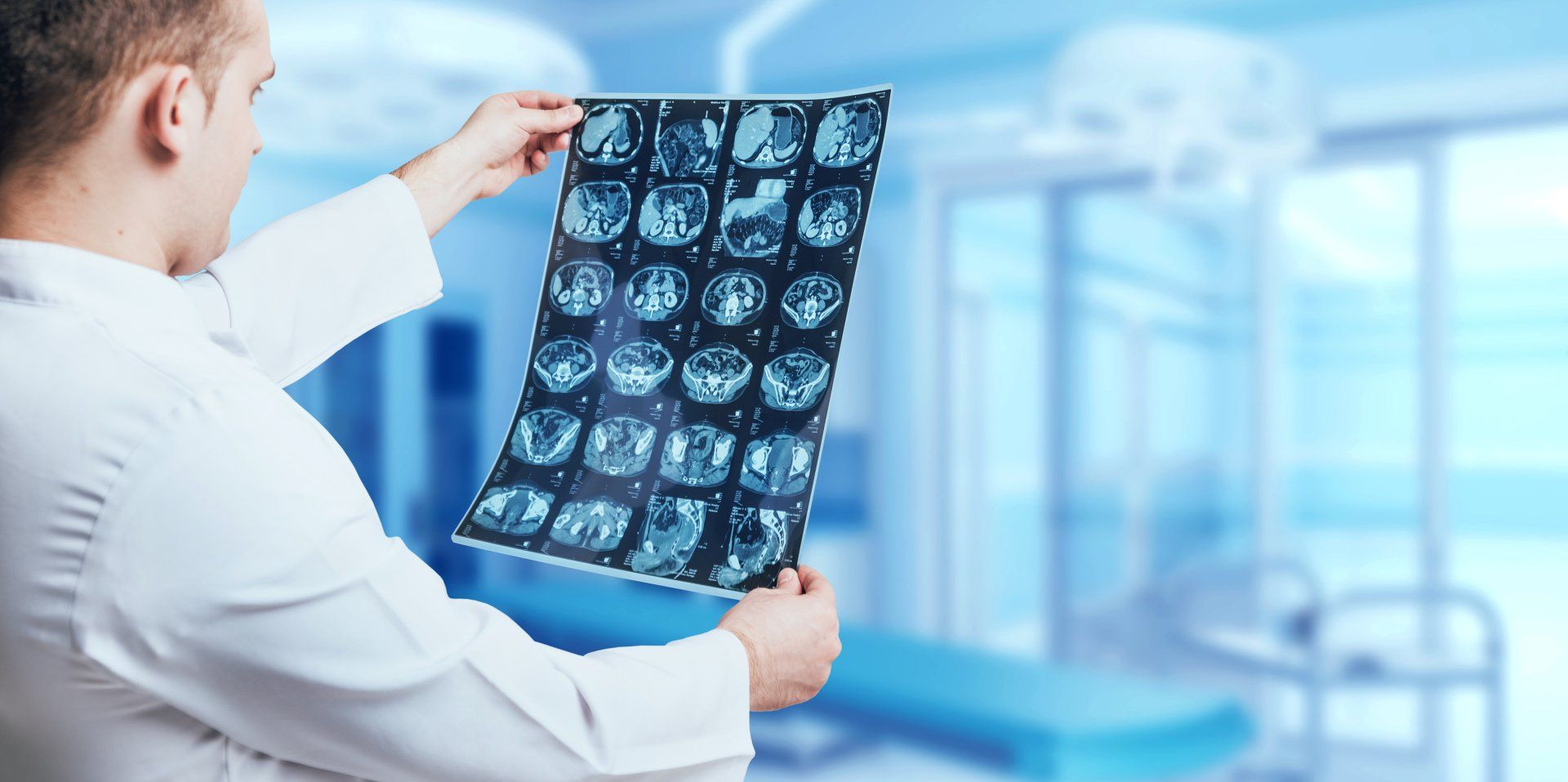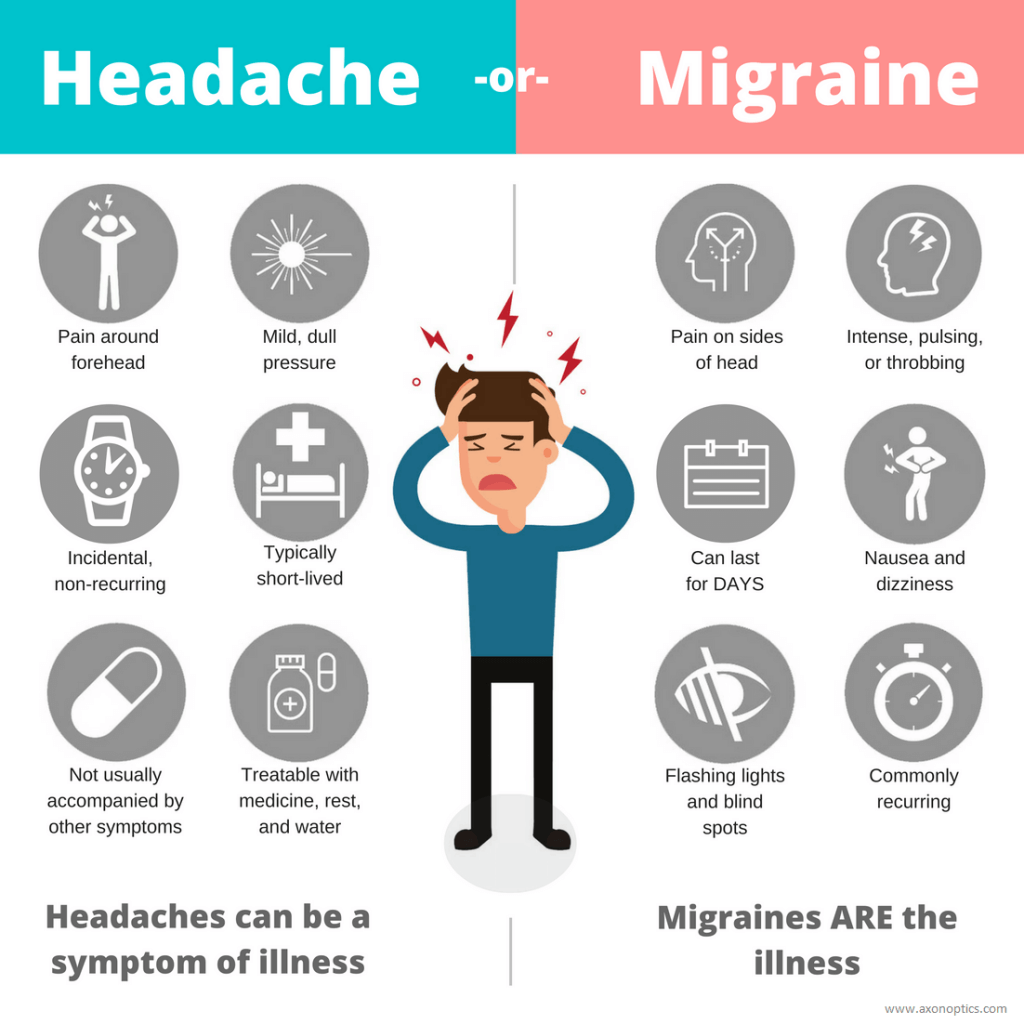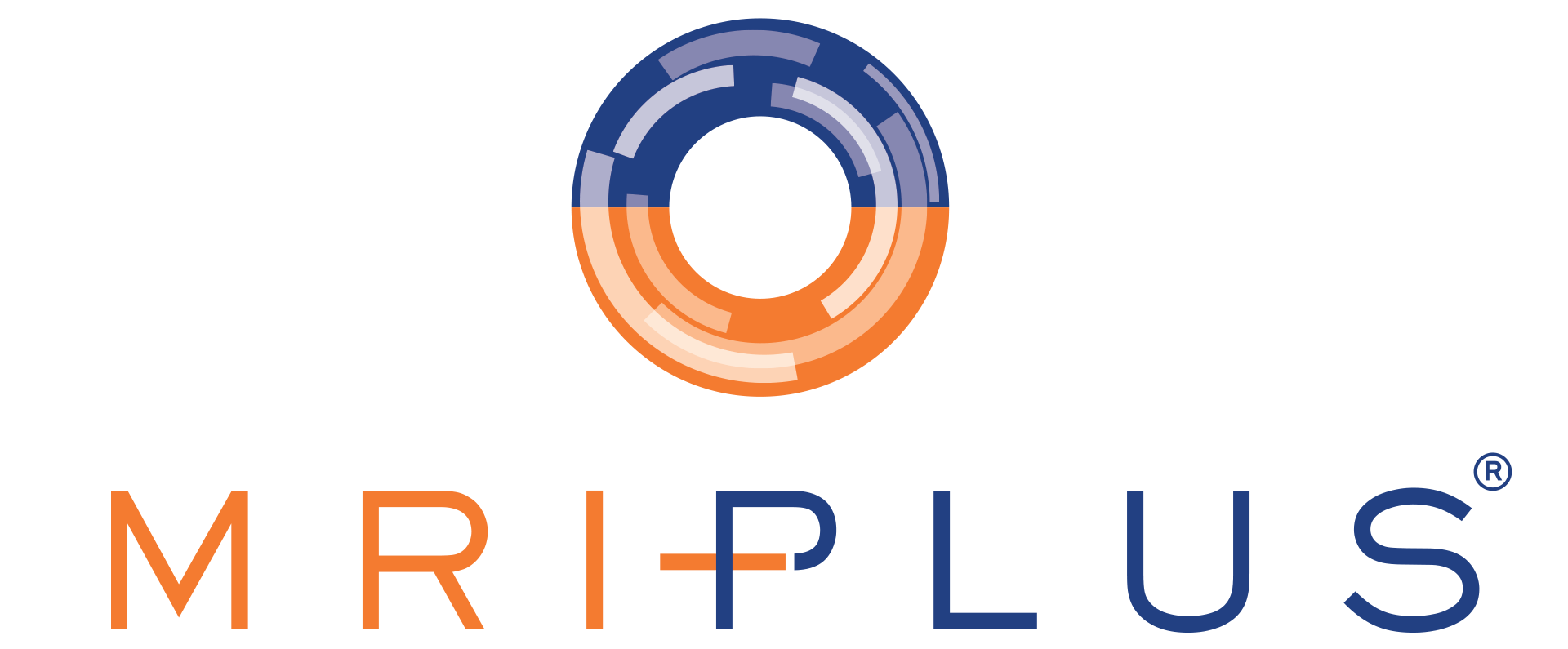Head and Brain MRI: Uses, results and what to expect
pietro • November 9, 2022
Head and Brain MRI (Magnetic Resonance Imaging): Uses, results and what to expect
MRI of head and brain was performed 686, 390 times during the period 2016 to 2017, according to the NHS. This represents a 145% increase compared to the number of requests served between 2012 and 2013.
Head Vs. Brain MRI
There is no difference between MRI of head and brain.
How does magnetic resonance imaging work? In a head MRI procedure, a scan will produce a 3D image of your head and brain using a combination of the magnetic field and radio waves. The image captures your tissues, as well as blood flow, blood vessels, nerves, muscles, and fat which helps a physician identify any potential abnormalities that are causing apparent symptoms, usually severe and chronic headache, observed by the patient.
Besides providing clearer images of your brain compared to x-ray and CT scan, a 3d magnetic resonance imaging also does not expose you to radiation. More importantly, it shows a more accurate picture of what is happening inside your body while doing away with invasive diagnostic techniques.
What To Expect Before, During, And After An MRI Scan
Before the procedure, expect to be asked screening questions about your health and family background. Some special conditions, identified below, may stop or limit you from accessing this procedure:
- If you are pregnant, you cannot undergo an MRI scan since safety to fetal development has yet to be established.
- If you have kidney disease, you may not be able to take contrast agents, which are consumed or administered intravenously, to improve clarity of scan results. If your kidneys are damaged, contrasts may increase your risks for side effects , including nephrogenic systemic fibrosis.
- If you are suffering from claustrophobia, you may require more time getting acquainted with the machine.
You will also be asked if you have implants. These may interact with the scanner’s magnetic field and MRI may not be the correct diagnostic test for you.
During the scan, expect to hear repeated electronic beeping and loud humming. You will be provided with an earplug to cancel out the noise. You will also be asked to keep still to improve the accuracy of results. Expect to be alone in the room. The operator will speak to you through a radio. In case you feel any discomfort, you may press the call button to signal to the operator.
There is no recovery period after the scan. You may immediately go about your regular routine for the day.

PAA:
What does a brain MRI show ?
MRI of the brain takes a 3D image of your brain from all angles, showing soft tissues that provide your physician with a better view of any abnormality or anomaly including the following:
- Blood clots
- Stroke
- Enlargement of blood vessels
- Cysts
- Tumors
- Swelling and inflammation
- Hemorrhage
- Fluid leaks
- Brain tissue enlargement
- Injuries
- Infections
- Developmental and structural irregularities
The physician will take the image resulting from a brain MRI to compare normal vs abnormal brain MRI to diagnose your condition.
Why Would You Need a Head MRI?
A head MRI is ordered to diagnose or rule out any of the conditions listed in the immediately preceding section above. Your physician may order an MRI of your head if you chronically complain of severe pain in this region which may be accompanied by any combination of or all of the following signs and symptoms:
- Chronic headache and migraine
- Vertigo and frequent episodes of severe dizziness
- Hearing loss
- Blurry vision
- Hormonal imbalance
- Observable disturbances to thinking and behavior
- Sleeplessness due to severe headache
- Seizures
- Extreme weakness and fatigue
Brain MRI scans may also be done to more thoroughly inform surgeries involving the head. In the same way, these may be ordered following surgery to ensure that healing is proceeding well. Accidents and injuries to the head also prompt physicians to order brain MRI scans to check for injuries, bleeding, and swelling.

Image Credits: axonoptics
How Long Does a Brain MRI Take?
A brain MRI takes approximately 30 minutes up to an hour to complete. Expect the procedure to take slightly longer if contrast agents such as gadolinium, which is administered via intravenous injection, will be required to deliver a clearer image of your brain. Search for magnetic resonance imaging near me to improve your access and convenience in accessing this type of service.
What does an abnormal MRI of the brain mean?
In the simplest terms, an abnormal brain MRI means that the scan does not show a healthy brain. The scanned image may show structural damages that may indicate injury but also lesions, inflammation, swelling, and bleeding. Actual damages to the brain is highly possible as a result of blood clots, calcification, and death of brain matter.
The appearance of white spots on brain MRI, headaches being a common symptom, is also a cause for concern. These white spots have been observed among people diagnosed with certain conditions, such as Vitamin B12 deficiency, HIV, lymphoma, lupus, and brain tumor. It also indicates if small strokes, or strokes that did not show outward symptoms, have occurred, how many times, and when. Also referred to as white matter disease, white spots in MRI scans have also been linked to people suffering from dementia
Can a brain MRI detect anxiety?
Based on the results of a study published by the Radiological Society of North America, patients diagnosed with anxiety present gray matter in the brain the same way that is not consistent with the brain presentation of healthier individuals. The researchers also observed a thickening of the cortex.
When you think your headaches may be causing you too much pain and discomfort and an MRI may be called for, stop second-guessing. Consult with a medical professional immediately to learn about what options are available.
References:
National Health Service (2017). Diagnostic Imaging Dataset Annual Statistical Release 2016/17. Link:
https://www.england.nhs.uk/statistics/wp-content/uploads/sites/2/2017/11/Annual-Statistical-Release-2016-17-DID-PDF-1.5MB.pdf
Access Date: 5 Apr 2020
Harvard Health Publishing (2014). Most headache-related brain scans aren’t needed. Harvard Medical School. Link:
https://www.health.harvard.edu/blog/headache-related-brain-scans-arent-needed-201403197080
Access Date: 5 Apr 2020
Zagoria, R, MD (2015). CT and MRI Contrast and Kidney Function. UCSF Department of Radiology & Biomedical Imaging. Link:
https://radiology.ucsf.edu/blog/abdominal-imaging/ct-and-mri-contrast-and-kidney-function
Access Date:: 5 Apr 2020
Zhao, Y, MD, Ph.D. and Lui, S, MD (2017). MRI Uncovers brain abnormalities in people with depression and anxiety. Radiological Society of North America. Link:
https://press.rsna.org/timssnet/media/pressreleases/14_pr_target.cfm?ID=1972
Access Date: 6 Apr 2017









